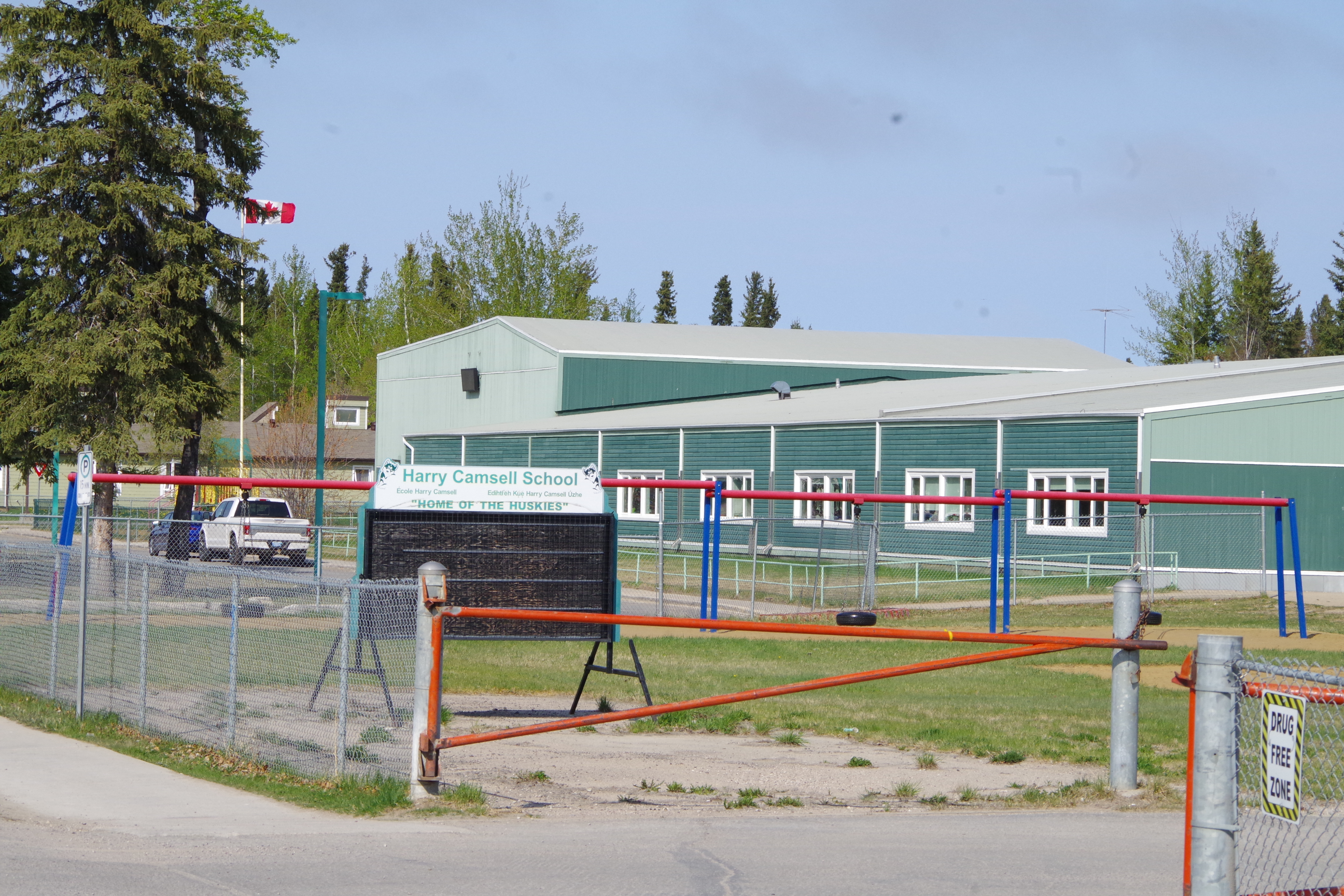Attendance at South Slave schools has not seen a steep decline due to the pandemic, according to school administrators.
At a regional level, attendance in South Slave schools is down “only slightly” from the 2019-2020 school year, according to Chris Talbot, a spokesperson for South Slave Divisional Education Council.
“We’re very proud of our staff, our students and their families for continuing to put a strong emphasis on education during a challenging time,” he said in an email.
The same may not be said for other areas of the territory.
NNSL reported that attendance at some schools in the Beaufort Delta had dropped, with school administrators saying the impact of COVID-19 was part of the reason.
Attendance remained steady at the territory’s French-language schools, according to Yvonne Careen, superintendent for the Commission scolaire francophone des TNO.
“When it was back to school startup, I think parents were very eager to send them to school,” she said. “There was a few families that were more concerned. But to say that there was widespread, more absenteeism than normal for our two schools, the answer is no.”
Careen said there had been a slight increase in absenteeism because of COVID-19 restrictions.
Students who displayed one major or two minor COVID-19 symptoms had to be sent home to self-isolate. Major symptoms included a fever, a worsening cough, losing sense of taste or smell and shortness of breath.
Minor symptoms ranged from fatigue to muscle weakness.
Students would have to self-isolate at home, and would be provided a card by a healthcare provider when it was safe to return to school.
However, Careen said the slight increase in absentees hadn’t caused any delays to classes, and that students were still progressing well.








